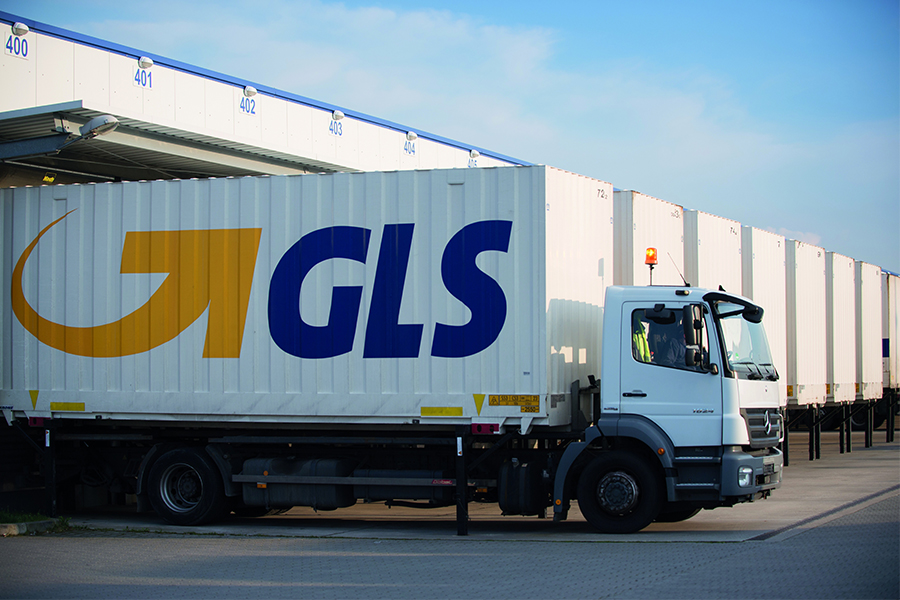Royal Mail has acquired Canadian delivery company Dicom Canada. Dean Maciuba (Last Mile Experts North America) and Marek Różycki (Last Mile Experts) analyze the deal and the continuing expansion of Royal Mail and GLS
Britain’s Royal Mail recently acquired Canadian delivery company Dicom Canada for C$360m (US$276m). Since Royal Mail’s float in 2013, it has invested heavily in foreign markets under its Global Logistics Systems (GLS) brand. The Dicom acquisition adds to GLS’s growing North American operation, which already covers eight US states.
GLS accounts for about a third of Royal Mail’s operating profit. It initially had a European focus but has now turned its attention to opportunities in higher growth markets outside Europe.
Dicom Canada offers ground-based parcel, freight and logistics services via its network of 28 depots. It works with partners to provide pan-Canadian logistics services.
What’s included?
While we like this deal, Wind Point Partners’ sale of Dicom Canada to Royal Mail is more notable for what it did not include: the coveted US operations of Dicom’s Eastern Connection division (EC).
EC is a regional parcel carrier in the USA, operating in the densely populated East Coast corridor and perfectly situated to benefit from the growth of e-commerce and UPS/FedEx pricing power. Wind Point is doing what private equity companies do best, breaking up companies and selling off the dismembered assets at a profit. So, what is left on the bones of Dicom Canada for Royal Mail to chew on?
Canadian e-commerce
Scaling e-commerce home delivery in Canada is difficult. Canada is the second-largest country in the world in terms of land mass but its population is less than 40 million, so it’s not easy to provide profitable, e-commerce based, home delivery in Canada.
To Dicom’s advantage, they operate with direct service primarily in Canada’s two most highly populated provinces, Ontario and Quebec. However, it will be costly and difficult to expand their direct service footprint in the rest of Canada.
Regional differences
Canada Post does a good job in Canada and has figured out how to provide profitable service to include e-commerce deliveries. The Dicom e-commerce play outside of Ontario and Quebec is for Dicom/Royal Mail to partner with Canada Post via delivery to the local post office.
Toronto and Southern Ontario, up to the US border, is the economic engine that drives the technology and manufacturing segments of the Canadian economy. Dicom is strong in this geography so Royal Mail can leverage this position to further penetrate business and e-commerce opportunities in this most densely populated segment of the Canadian population.
We expect that Royal Mail will not compete directly with Canada Post. Rather, look for them to grow their relationship with Canada Post, especially in the last mile.
Does the acquisition of Dicom help or hurt Royal Mail?
Royal Mail/GLS and La Poste/DPD mange the only two credible pan-European road-based parcel networks in Europe. La Poste/DPD are arguably stronger all round following the latest investments, especially that of BRT in Italy (which tends to be a ‘white spot’ for parcel carriers) and their stronghold in France. DHL is following with renewed vigor but is handicapped by its sale of several important domestic road businesses at the turn of the decade.
Both GLS and DPD have developed strong M&A and integration skills while creating these networks. DPD has had mixed experiences with intercontinental investments in the past, but now seems to have found the right formula.
The question now is whether GLS will be able to achieve success ‘across the pond’. Our view is that given Royal Mail’s new CEO Rico Back’s track record at GLS, the answer is yes, especially if it’s able to consolidate numerous smaller businesses into a coherent whole.
Looking at GLS’s success in recent years and given the above, we believe that this is likely to benefit Royal Mail… and so do the markets it seems – Royal Mail’s share price rose more than 1% after the deal was announced.


